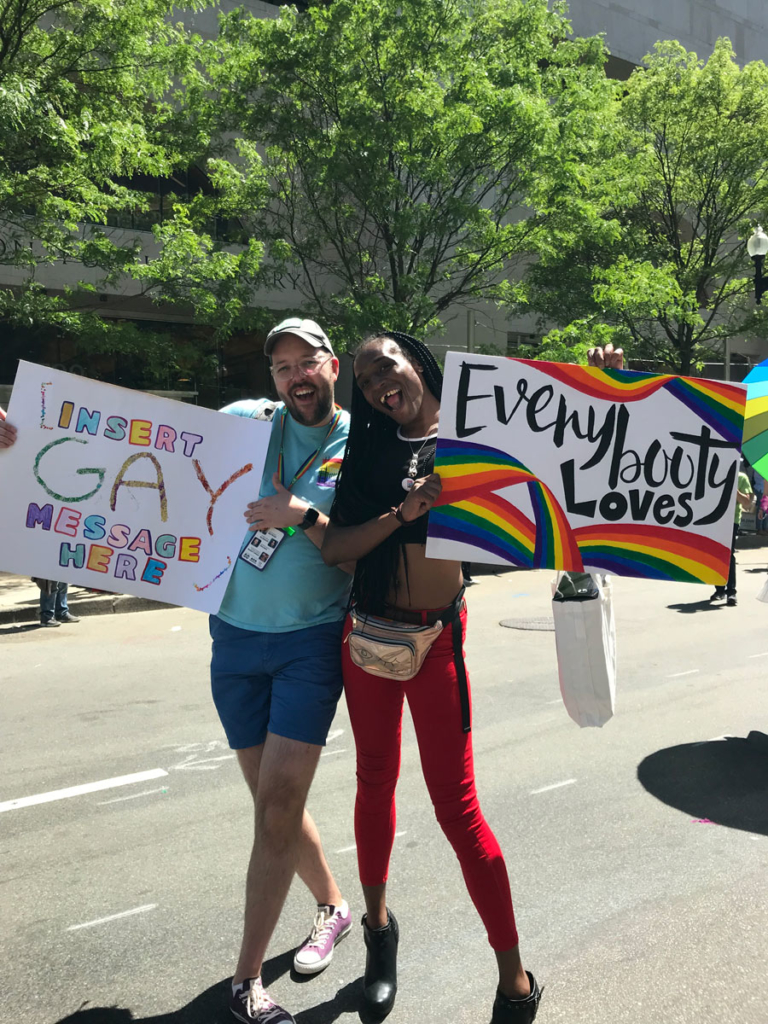DIVERSITY, EQUITY & INCLUSION
Fostering a diverse, equitable and inclusive community is central to the work of Silver Lining Mentoring.
Building relationships is at the heart of Silver Lining Mentoring’s mission. We believe that relationships flourish when individuals of all identities are respected, treated with compassion, and when marginalization and oppression are eliminated. We strive to create a community of support for youth impacted by foster care where members are culturally responsive and practice allyship toward greater social justice.
Youth in foster care and in Silver Lining Mentoring’s programs are diverse. Silver Lining Mentoring strives to identify volunteer mentors who reflect that diversity. Nearly 70% of youth in SLM’s programs identify as persons of color, nearly 30% identify as LGBTQ, a majority of youth are living with a disability, and all have experience living outside of their families of origin. Mentors who share any of these identities or experiences are frequently requested by youth.
Youth of color and youth who identify as LGBTQ face particular disparities in the child welfare system.
Youth of color are over-represented in the Massachusetts foster care system. Statewide, the incidence of youth in foster care who are identified as either Black or Hispanic/Latinx is nearly double the percentage of the Black and Hispanic/Latinx population in the state overall (U.S. Census Bureau 2017). In MA, 32% of youth or young adults in foster care are identified as Hispanic/Latinx and up to 19% are identified as Black (MA Department of Children and Families 2018 Q4 Quarterly Profile). Further, there are significant disparities in achieving a permanent living situation for Black and Hispanic/Latinx youth (Racial Disproportionality and Disparity in Child Welfare, Nov. 2016 Issue Brief by the Child Welfare Information Gateweay).
In keeping with Silver Lining Mentoring’s value of being youth-focused, we strive to meet youth requests for mentors with specific qualities or identities. We believe this shows respect for young people’s voice and may lead to a stronger mentoring relationship. A growing body of research points to the positive impact that cultural competencies and/or a shared identity can have on mentoring relationships. Silver Lining Mentoring’s Diversity Initiative aims to impact the experience of youth of color in the foster care system by directing resources to support the recruitment of mentors of color, maintaining a significant cultural responsiveness mentor training component, and raising the profile of the ways in which racial disparities show up in the foster care system.
Lesbian, Gay, Bisexual, Transgender, and Questioning (LGBTQ) youth in the child welfare system are one of the more underserved populations in our community. Unfortunately, many LGBTQ youth in foster care experience rejection from their birth parents, foster parents, peers, and sometimes even the professionals hired to protect them. Because of the challenges they face, LGBTQ youth can benefit significantly from committed mentoring and increased access to employment training, education, and other critical job, and life skill resources.
Armed with this knowledge and the belief that all youth deserve supportive mentors, Silver Lining launched the LGBTQ mentoring initiative in 2012, which empowers LGBTQ youth to develop a positive sense of self and belonging by providing committed, community-based mentoring relationships with LGBTQ and ally-identified adult mentors. Our LGBTQ Mentoring Initiative follows the same guiding principles and policies as the Community Based Mentoring program, but focuses exclusively on matching LGBTQ youth, with a LGBTQ or ally-identified adult.


